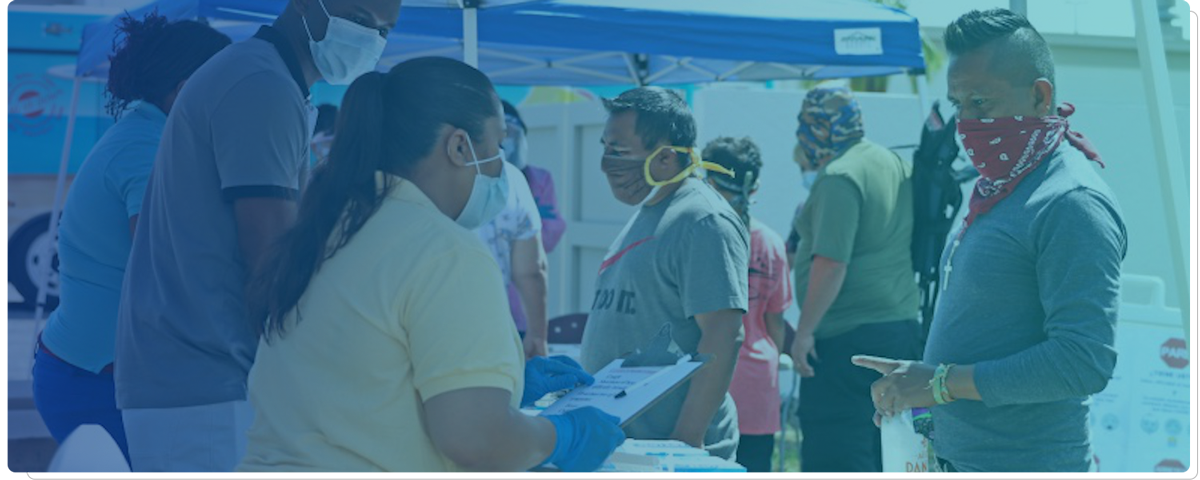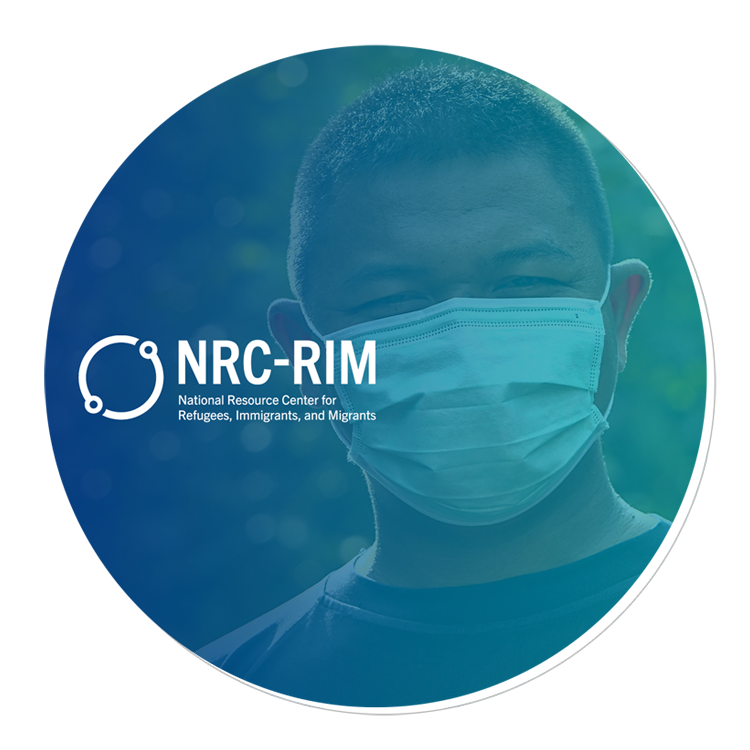National Resource Center for Refugees, Immigrants, and Migrants

While initially established in October 2020 as part of the nation’s COVID-19 response, NRC-RIM now supports health departments, community organizations and others working with refugee, immigrant, and migrant communities that have been disproportionately impacted by health inequities of all kinds, not just COVID-19.
NRC-RIM is funded by the U.S. Centers for Disease Control and Prevention and housed within the Center for Global Health and Social Responsibility at the University of Minnesota.
NRC-RIM SPOTLIGHT
Since 2020, NRC-RIM has become nationally known for excellence in public health preparedness and response, and in fostering partnerships that make a real difference in the communities.
Today, NRC-RIM has expanded beyond COVID-19 to include public health initiatives that may be needed in Afghan communities. The program is also charged with communicating about the health requirements for Ukrainians who arrive through the Uniting for Ukraine program.

What we do
Refugees, immigrants, and migrants are an integral part of the nation’s social, cultural, and economic vitality. They have proven that they are strong, resilient and dedicated to the success of the communities where they live.
The COVID-19 pandemic has confirmed for us what we already knew: that refugees, immigrants and migrants have the wisdom, expertise, and desire to influence health systems to serve their communities better. With that in mind, a guiding principle of NRC-RIM is that solutions should be developed in genuine partnership with affected communities. The program leverages extensive and longstanding community networks and partnerships to accomplish meaningful work.
Core activities of the program include:
- Pilot Projects: Support innovative pilot projects between health departments and community-based organizations serving RIM communities
- Best and Promising Practices: Develop and disseminate strategies, approaches, or programs that have anecdotally shown to have a positive impact in local settings
- Online Training: Create online training resources for public health professionals working with RIM communities
- Technical Assistance: Provide direct support to state and local health departments through technical assistance requests
- Health Education and Health Communications: Develop and disseminate linguistically and culturally relevant health education and health communications resources involving a rigorous translation process.
Interactive Community Resources
NRC-RIM partners with the International Rescue Committee on two interactive supports for Afghan and Ukrainian newcomers.
Settle In is an app and Facebook page that connects new arrivals to vital information tied to early resettlement services, employment, housing, education, and healthcare.
The Virtual Resettlement Line (VRL) is a hotline staffed by multilingual community navigators who assist newcomers not yet connected to a resettlement agency or who are struggling to access benefits or resources in their community.
While Settle In and the VRL cover a number of topics, they leverage the expertise of NRC-RIM to provide callers with the most up-to-date information on health-related concerns.
Project Partners
The University of Minnesota coordinates NRC-RIM with expertise and support from several partners already working with communities and with demonstrated success in this field, including the International Rescue Committee, Afghan Health Initiative, Migrant Clinicians Network, Minnesota Department of Health, National Association of County and City Health Officials, and IDEO.org.